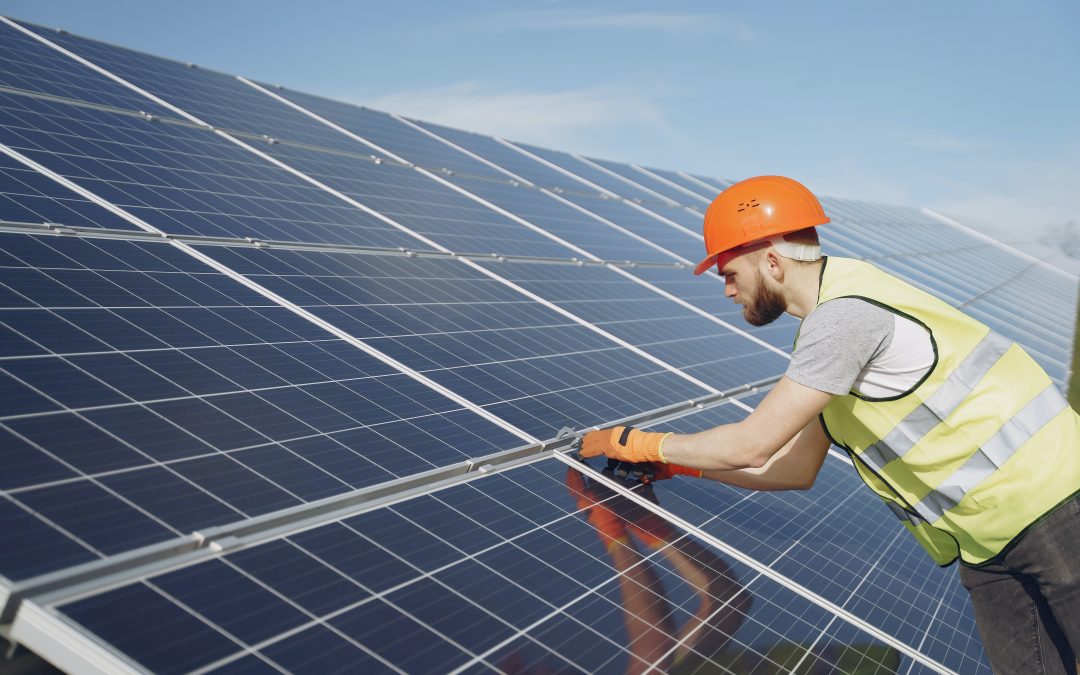One of Poland’s largest solar power companies has announced plans to restructure and settle with creditors. The decision comes just two months after new regulations that have reduced demand for home photovoltaic installations by introducing a less favourable and more complex compensation system.
Stilo Energy’s decision comes after Bank Pekao said it did not intend to extend the standstill agreement that was in force until the end of May. The company has a loan of 6 million zloty (€1.31 million) from the bank, of which approximately 3.36 million zloty has already been used.
“This means that the bank will be entitled to initiate debt collection and claim repayment of the loan,” the company said in a statement, cited by energy news service Wysokie Napięcie.
The solar power industry in Poland has seen remarkable growth in recent years thanks to state subsidies for households that install panels. Last year, the country had the EU’s fourth highest newly installed solar capacity (3.2 GW), behind Germany (5.3 GW), Spain (3.8 GW) and the Netherlands (3.3 GW), according to SolarPower Europe.
But new regulations introduced in April ended the previous model, which allowed prosumers – individuals who both use and generate electrical energy – to reduce their electricity bills with so-called rebates – cashless settlements between them and the energy vendor.
That had allowed owners of solar panels to “claim back” 80% of the energy they put into the network without incurring any payments.
Under the new rules, prosumers now have to settle the bill for the energy they generate on so-called day-ahead trading. When taking energy for themselves they have to pay the same amount as other consumers.
Sharply rising fuel prices and pressure on the energy market following the pandemic and amid the war in Ukraine make the change more painful.
The government justified the new rules by saying they were essential to adapt to EU energy market directives and to deal with the problem of overloading the electrical energy network with increasing numbers of prosumers.
After ending the previous financial year with a loss of 8 million zloty (€1.75 million), Stilo Energy reported a first-quarter net profit of roughly 700,000 zloty, as customers rushed to install solar panels before 31 March so they could continue payments under the old system for another 15 years.
But after the introduction of the new rules, demand dropped. In the letter to shareholders included in its quarterly report, the company said recovery in demand for micro-installations cannot be foreseen. “This situation may lead to adverse liquidity effects for most entities operating in the photovoltaic industry,” it said.
Stilo Energy tried to hedge against the expected drop in demand from households by securing business customers. Last year, the company acquired almost 13 million zloty in such contracts, and a further 3.4 million zloty in January 2022.
But the fallout from Russia’s invasion of Ukraine has led businesses to adopt a more cautious approach and put off such investments. “The development potential of the B2B [business-to-business] market has also been affected by the outbreak of war in Ukraine,” said Stilo Energy in mid-May.
A Polish priest has installed a giant cross made from solar panels on the front of his church.
"We must not shy away from climate change," he says. “Man has a barbaric approach to nature. We should ask ourselves what we will leave for future generations" https://t.co/MoNBd81CkS
— Notes from Poland 🇵🇱 (@notesfrompoland) January 2, 2020
Photo credit: Gustavo Fring / Pexels

Alicja Ptak is deputy editor-in-chief of Notes from Poland and a multimedia journalist. She has written for Clean Energy Wire and The Times, and she hosts her own podcast, The Warsaw Wire, on Poland’s economy and energy sector. She previously worked for Reuters.




















